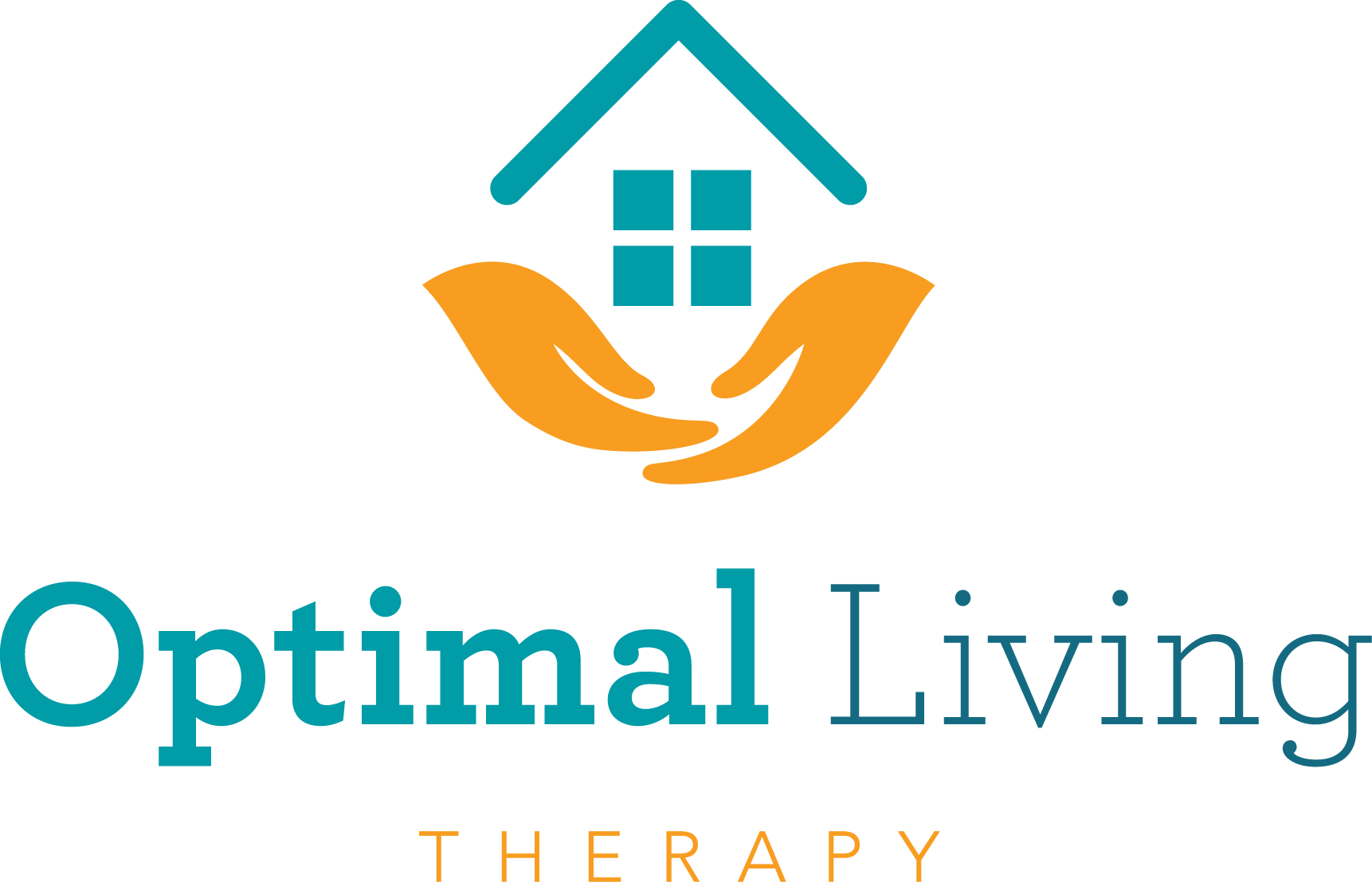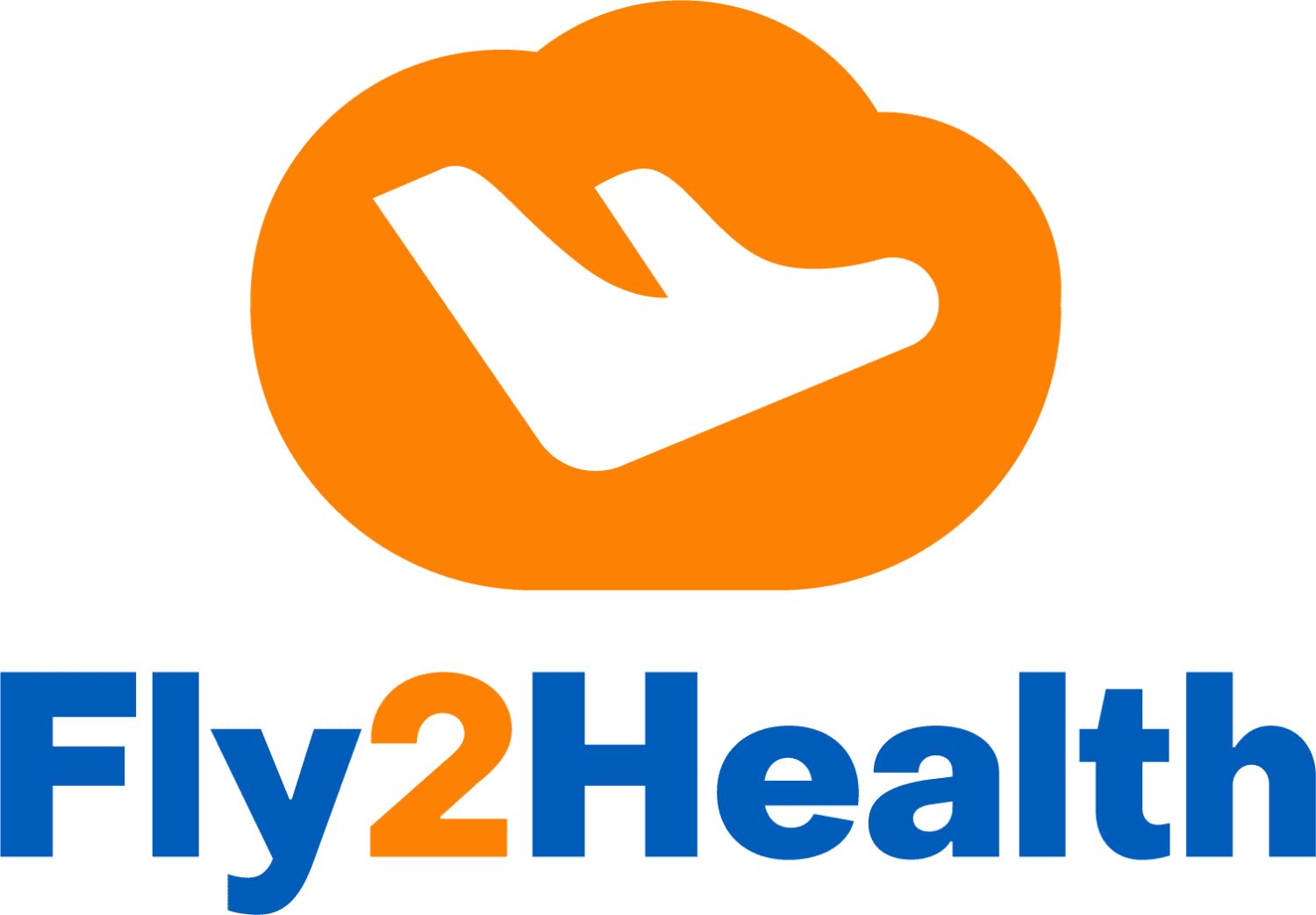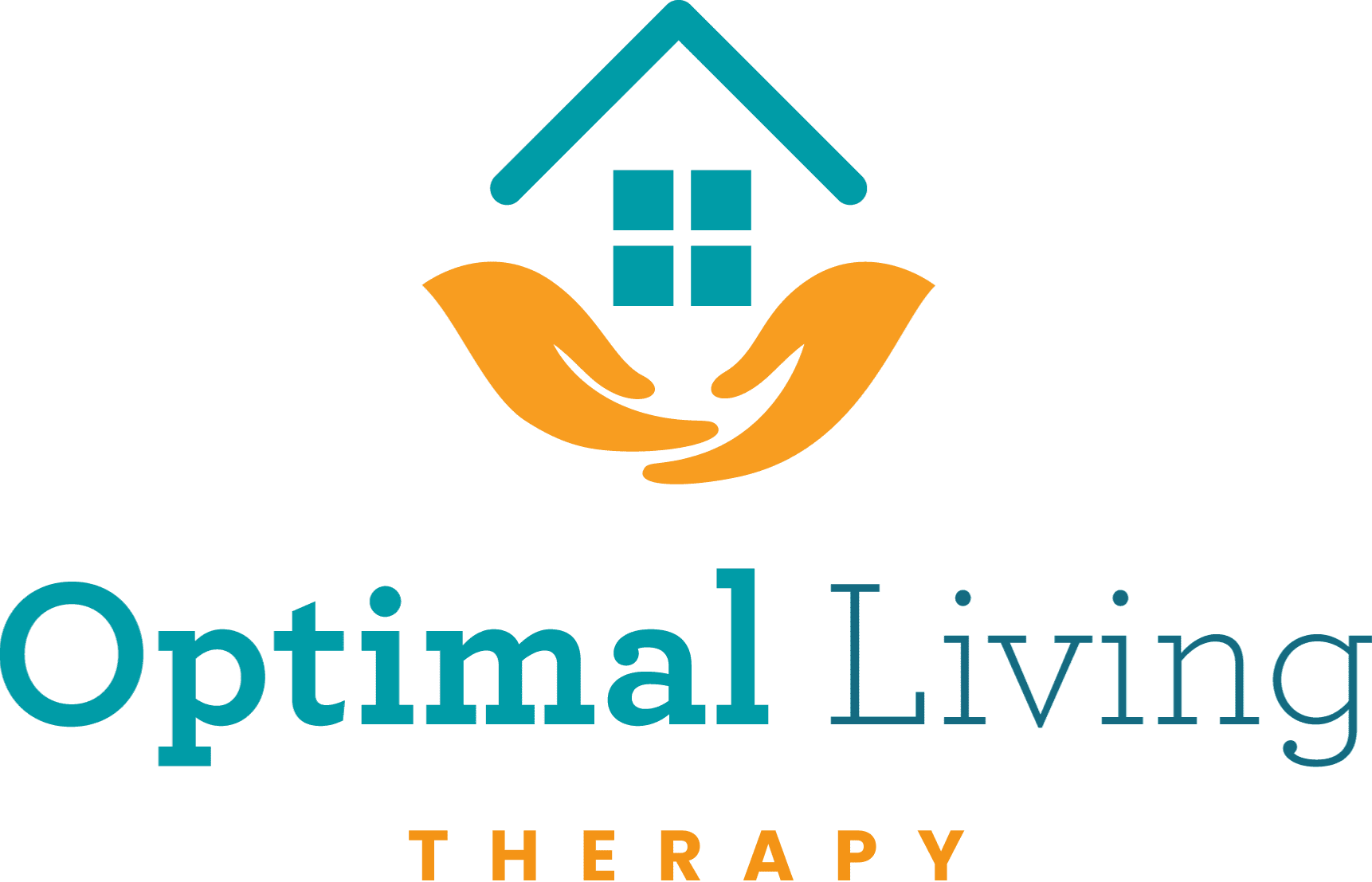Across Western Australia there are significant workforce challenges affecting disability service provision – particularly in regional and remote areas. To aid this, a grant administered by National Disability Services WA and funded by the Department of Communities has been given to organisations that can deliver solutions to the growing demand for allied health workers to further support participants in regional and remote areas.
Allied in the Regions
Working together to deliver more allied health support in regional Western Australia


Optimal Living Therapy, alongside Fly2Health, has been awarded funding to explore and validate a unique Allied Health Assistant training program that will expand the supports available to the Great Southern Region as a test case for further expansion across Western Australia.
The current problem
The shortfalls in allied health supports in the Great Southern Region are leading to significant issues for participants within the NDIS. This includes:
- Significant wait times for allied health services
- Subsequent reduction in NDIS funds provided to the participant, as they are unable to use funds within their plan period
- Poorer outcomes due to lack of service availability
Local recruitment and relocation incentives have historically proven to be largely unsuccessful (or unsustainable), and even with FIFO and Drive in/out services, the demand has still not been met.
Allied in the Regions
A 12 month program designed to expand the availability of allied health supports in the Great Southern Region by introducing an allied health assistant (AHA) training framework.
What is an Allied Health Assistant training framework?
An Allied Health Assistant training framework will retrain, upskill, and attract individuals to the role of Allied Health Assistant, specifically in community disability. Therapy assistants are a vitally underused role that can extend the frequency and availability of therapy support available to participants, given the availability of Allied Health Professionals (AHPs) is much more limited in the regions.
This solution supports participants to achieve their goals in the following ways:
- Local AHA services can be delivered more frequently to participants, therefore amplifying outcomes and providing continuous support
- AHA services are more accessible to participants financially, extending the reach of their plan
- Participants in remote and regional areas can continue being serviced by AHP’s through FIFO logistics but with the ongoing and continuous support of a local AHA
- Upskilling, re-training and promoting AHA roles in regional and remote communities will be more successful than AHP’s, as the training entry requirements are more accessible, time to complete training is shorter (12 months), training is less costly, and the role can be more variable and flexible
- A subsequent workforce sharing model can therefore be introduced to share trained AHA resources across multiple companies for the benefit of all stakeholders
To increase the on-the-ground AHA numbers in the great southern region, we will be bringing to life the following initiatives.

Developing a sustainable training framework
We are developing a training framework alongside local providers and training organisations for graduate AHA students that provides relevant placement training and further learning to significantly increase the availability, skill, and retention of allied health services to rural and remote areas.

Trialling the AHA training framework
We will be trialling the framework from 3 unique angles:
- Fly2Health pilots undertaking the training program to provide further AHA assistance alongside transported AHP’s
- AHA graduates in the Great Southern Region
- Workforce sharing model alongside local providers

Promoting the AHA profession
Executing a recruitment drive alongside local training bodies to build a pipeline of future AHA’s in the Great Southern Region. Includes re-engagement of post-graduates.
To learn more about the Allied in the Regions program, register your interest in training or to get involved in our workforce sharing model please contact Nandi Reynders at nandi@optimaltherapy.com.au

